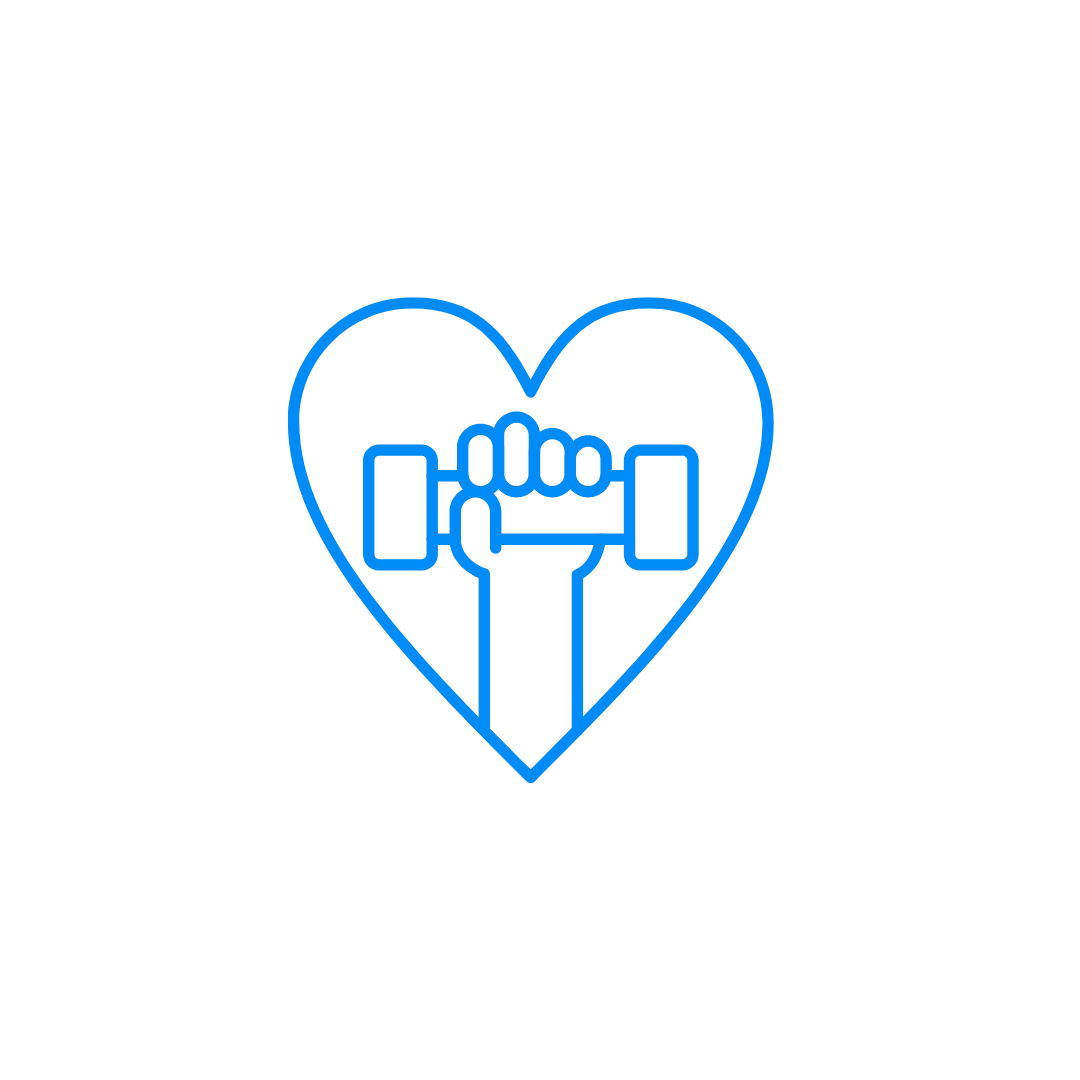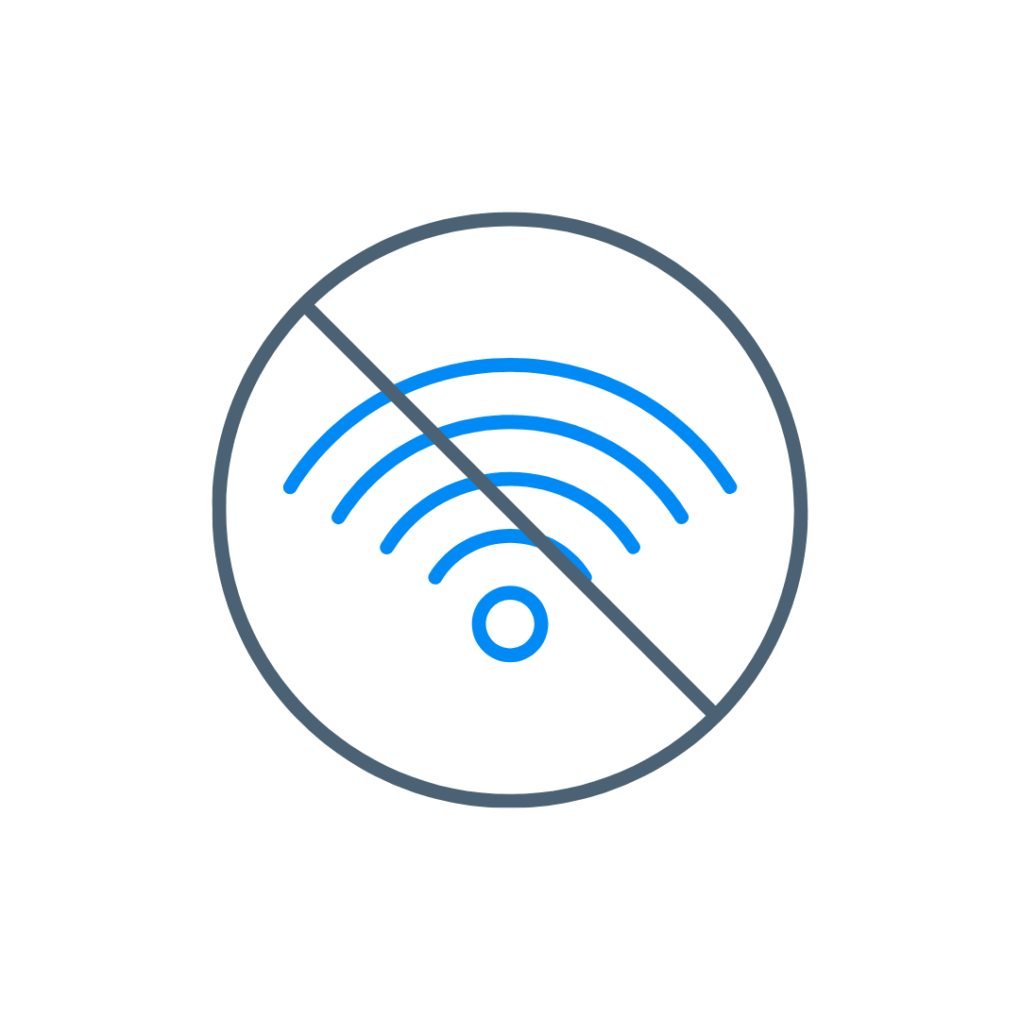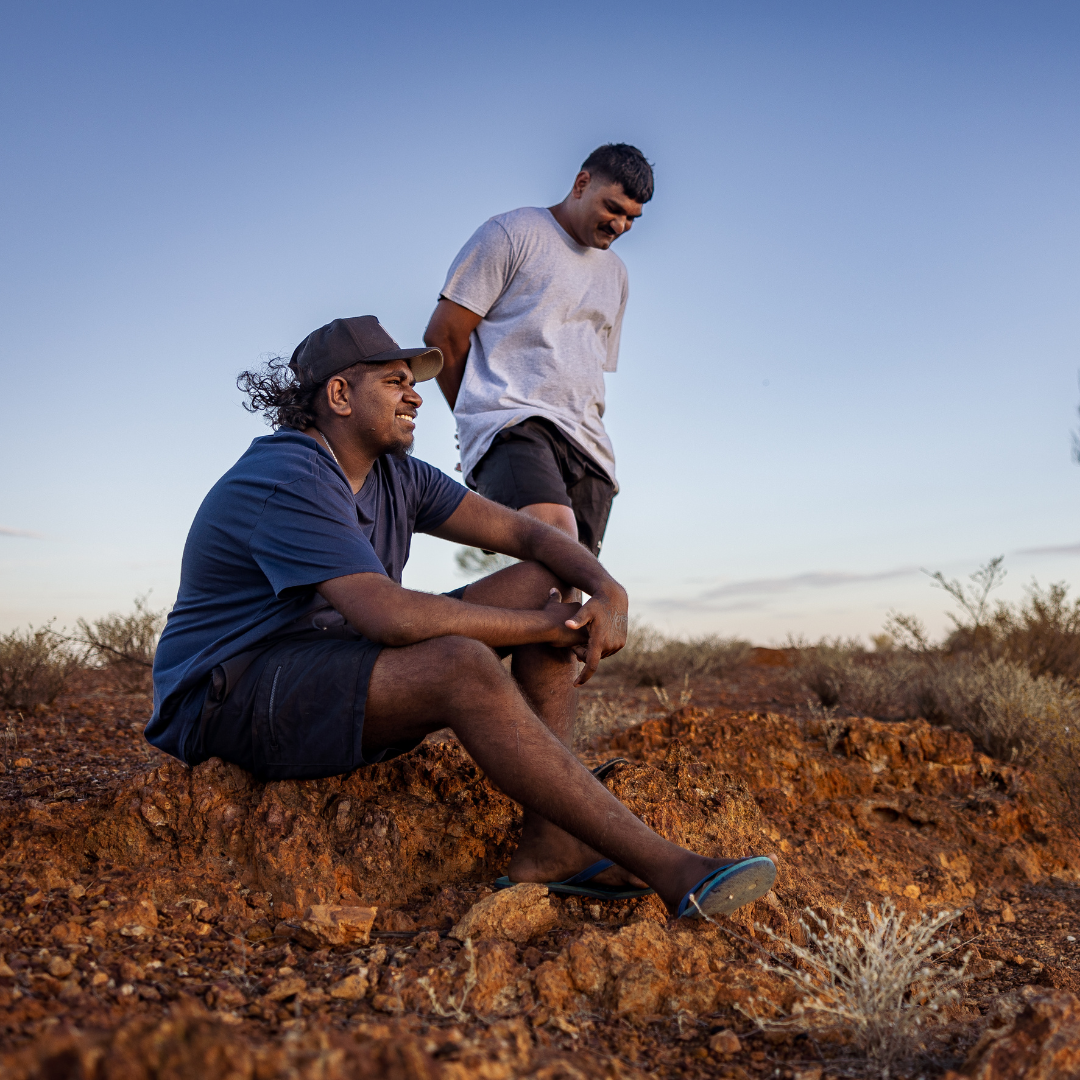Overview
Living in rural or remote areas of Australia comes with unique challenges that can impact your mental health and well-being.
Limited access to healthcare and mental health supports, social isolation, financial pressures, and the impact of environmental factors such as droughts, bushfires, floods and climate change can all contribute to increased stress and mental health concerns.
Despite these challenges, rural and remote communities are known for their resilience, strong connections, sense of community, and resourcefulness.
Understanding the things you can do to look after your mental health and well-being, support those around you, and available support options – whether in person or online – can make a big difference.
Challenges of Rural and Remote Living
Some of the challenges of living in rural and remote areas that can impact your mental health are:
Accessibility: Accessing mental health services in many rural and remote areas can be difficult due to the lack of local face-to-face support and services.
Social isolation and loneliness: especially in smaller communities where distances can make it harder to connect with others. When there aren’t many chances for face-to-face interactions, it can impact your emotional well-being.
Environmental stressors: Droughts, natural disasters, climate change, and extreme weather can take a toll on your peace of mind, impact your relationships and lead to feelings of stress and anxiety.
Financial and job-related stress: Financial instability can add a layer of stress to those involved in farming or mining, particularly during tough economic times or adverse weather.
Unreliable internet or phone service: It can make it tough to stay connected with friends and family or access telehealth and online mental health support. This can sometimes leave you feeling isolated or disconnected.
Stigma around mental health and help-seeking: Concerns about privacy and the stigma surrounding mental health and asking for help can sometimes make it tough for people to reach out or talk about things.
How else can you support your well-being?
How to Look After Your Mental Health in Rural and Remote Areas
Here are some things you can do to support your mental health if you live in a rural or remote area of Australia:

Stay Connected
- Keep in touch with friends, family, and community groups via phone, video, messenger or social media.
- Engage in local clubs, groups, or volunteer opportunities to maintain a sense of connection.
- Connect to Country, culture, and community.
- Explore online communities and forums to connect and talk with others who understand your experiences.

Establish a Routine
- Structure your day with regular meals, exercise, and sleep to maintain balance and stability.
- Engage in activities that bring you joy and purpose, such as hobbies, creative pursuits, and time outdoors.

Take Care of Your Physical Health
- Pay attention to early signs of stress, anxiety, or low mood, and reach out before things escalate.
- Identify who you can talk to – a friend, a GP, or a mental health professional.
- Identify the supports and services available, whether face-to-face, over the phone or online.

Recognise When to Seek Help
- Pay attention to early signs of stress, anxiety, or low mood, and reach out before things escalate.
- Identify who you can talk to – a friend, a GP, or a mental health professional.
- Identify the supports and services available, whether face-to-face, over the phone or online.
Finding the Right Services and Support for You
Local GP and community health services
Your GP or community health services team can be a key contact for mental health support and referrals.
Some regions have visiting mental health clinicians and teams, suicide prevention and disaster recovery teams who travel to remote areas to provide in-person support to communities.
If you are struggling with your mental health, they can help you set up a mental health treatment plan, which can help cover the cost of seeing a specialist mental health professional.
Tips for finding and working with a GPTelehealth and Online Support
Various mental health communities, groups, and services are available online, via telehealth, and over the phone, making it easier to access support remotely.
- Rural Health Connect – A platform that connects people in rural and remote areas with psychologists via video sessions.
- Online communities and self-help groups – You can find answers about mental health conditions, access helpful resources, and connect with others with their lived experience.
- Better Access Initiative: This initiative Provides Medicare benefits to eligible people so they can access the mental health services they need wherever they live in Australia.
- Beyond Blue – Phone and online chat support, forums, mental health coaching, information and resources.
- SANE Australia –Free, anonymous, and professionally moderated 24/7 online forums where you can connect with people who understand what you are going through, seek advice and surround yourself with support.
- Lifeline – 24/7 crisis support and suicide prevention services, available over the phone (13 11 14), via text on 0477 13 11 14 or online chat.
- 13Yarn – 24/7 telephone crisis support for mob feeling overwhelmed or having difficulty coping.
For more resources, including online communities, live chat services, other digital tools and tips for choosing online services:

If internet access is limited
If online services aren’t an option due to unreliable or no internet access:
- Speak with your GP – They can provide referrals and mental health care plans
- Call your local community health service or community centre to ask about available support
- Find out where the nearest mental health service is – This will help you understand if they can visit you or what telehealth options they offer.
- Contact public mental health services – Many have regional clinicians who travel to remote areas.

Community and Peer Support Networks
Many people find community and peer support groups helpful in supporting their mental health and well-being.
- Local community groups and support networks – Many rural towns have informal support networks through churches, community centres, sports clubs, workplaces and regional health initiatives.
- Are You Bogged Mate? – helps country blokes talk about mental health and suicide while spreading awareness about depression in the bush. Learn more.
Finding North Network – an online lived experience community for people to share their experiences, engage in discussions, and cultivate their voices when addressing issues related to mental health in Australia.
Next Steps
If you or someone you know lives in a rural or remote area and is experiencing mental health challenges:
- Find out where your nearest mental health service is and what areas they cover
- Explore telehealth options for professional mental health support
- Connect with local community groups to reduce isolation
- Check eligibility for government-funded mental health plans to access affordable care
- Access crisis helplines and online resources when immediate support is needed.
Mental health support varies by state, with some regions offering additional services.
Talk to someone or explore service options near you.
How we can help
If you or someone you know is in crisis
If you are worried you may harm yourself or someone else, or need immediate help for someone else in this situation:
Please call 000If you are in distress
Other helplines
- Beyond Blue | 1300 22 4636
- Open Arms – Veterans & Families Counseling | 1800 011 046
- MensLine Australia | 1300 78 99 78
- Defence All Hours Support Line | 1800 628 036
- QLife | 1800 184 527
- 13YARN| 13 92 76
Please select a state you live in
Suicide Call Back Service. Free professional telephone counselling & online chat available at suicidecallbackservice.org.au
Available 24/7
1800RESPECT Domestic Violence Counselling & Support Line. Online Chat at 1800respect.org.au or SMS on 0458 737 732
Available 24/7
13YARN First Nations Peoples Crisis Support Line. Call to talk with an Aboriginal or Torres Strait Islander Crisis Supporter
Available 24/7
Defence All Hours Telephone Support Line. For Australian Defence Force (ADF) members and their families
Available 24/7
Health Direct. Speak to a registered nurse for healthcare advice. healthdirect.gov.au
Available 24/7
Beyond Blue. Online counselling, forums, and webchat - beyondblue.org.au
Available 24/7
Access Mental Health Line. For people who have concerns about their own, or someone else’s mental health
Available 24/7
Medicare Mental Health Centre Canberra. Phone, request a call canberrammhc.com.au.
Monday, Wednesday & Friday: 8.30am-5:00pm. Tuesday & Thursday (extended hours): 8:30am-7:00pm
NSW Hospital and Health Services State-wide Mental Health Line. Speak to a trained Mental Health Professional
Available 24/7
Medicare Mental Health. Phone to find your nearest centre. Support through Medicare Mental Health Centres are free. No appointment or GP referral is required. Visit www.medicarementalhealth.gov.au
Hours vary.
NT Mental Health Line. For people who have concerns about their own, or someone else’s mental health. Speak to a trained mental health professional.
Available 24/7
Darwin Medicare Mental Health. Clinical Assessment and Treatment. Call, walk-in (16 Scaturchio St, Casuarina.)
Mon - Wed and Fri: 9am - 9pm; Thur: 1pm - 9pm; Sat - Sun (and public holidays): 12pm - 8pm
13 HEALTH. A confidential phone service that provides health advice. Call to talk to a registered nurse.
Available 24/7
1300 MH Call. A confidential mental health telephone triage service providing information, advice and referral.
Available 24/7
Medicare Mental Health. Phone to find your nearest centre. Support through Medicare Mental Health Centres are free. No appointment or GP referral is required. Visit www.medicarementalhealth.gov.au
Hours vary.
SA Mental Health Triage. A confidential mental health telephone service, staffed by mental health clinicians, providing information, advice and referral.
Available 24/7
Urgent Mental Health Care Centre (UMHCC) located at 215 Grenfell Street, Adelaide, offers an alternative to presenting at hospital Emergency Departments for a mental health crisis.
Available 24/7
Medicare Mental Health. Phone to find your nearest centre. Support through Medicare Mental Health Centres are free. No appointment or GP referral is required. Visit www.medicarementalhealth.gov.au
Hours vary.
LETSS Lived Experience Telephone Support Service (Adelaide Metro). letss.org.au
5pm - 11:30pm, 365 days a year
Access Mental Health- Helpline Triage offering phone counselling, information and referral.
9am - 10pm
Medicare Mental Health. Phone to find your nearest centre. Support through Medicare Mental Health Centres are free. No appointment or GP referral is required. Visit www.medicarementalhealth.gov.au
Hours vary.
Victoria Psychiatric Triage providing an initial assessment and identifies whether a person needs further assessment or referral.
Available 24/7
Geelong Head to Health. Call or walk-in at 8 Station Street, Norlane.
Monday–Friday, 12pm–9pm and Saturday–Sunday/public holidays, 1pm – 6pm
Medicare Mental Health. Phone to find your nearest centre. Support through Medicare Mental Health Centres are free. No appointment or GP referral is required. Visit www.medicarementalhealth.gov.au
Hours vary.
Rurallink - An after-hours telephone service for people in rural and regional WA experiencing a mental health crisis
Weeknights 4:30pm-8:30am / 24hrs on Weekends and Public Holidays
Peel -Mental Health Emergency Response Line. Call to speak with a trained mental health clinician. Callers referred to acute response teams.
Available 24/7
TTY - Mental Health Emergency Response Line.Call to speak with a trained mental health clinician. Callers referred to acute response teams.
Available 24/7
Metro - Mental Health Emergency Response Line. Call to speak with a trained mental health clinician. Callers referred to acute response teams.
Available 24/7
Medicare Mental Health. Phone to find your nearest centre. Support through Medicare Mental Health Centres are free. No appointment or GP referral is required. Visit www.medicarementalhealth.gov.au
Hours vary.
Please select a state you live in
Service Options
**** *****
**** ***** * *********** *********** ***
**** ***** ********* *****
**** ***** * *********** *********** ***
**** ***** ********* *****
**** ***** * *********** *********** ***
**** ***** ********* *****
**** ***** * *********** *********** ***
**** ***** ********* *****
**** ***** * *********** *********** ***
**** ***** ********* *****
**** ***** * *********** *********** ***
**** ***** *****


